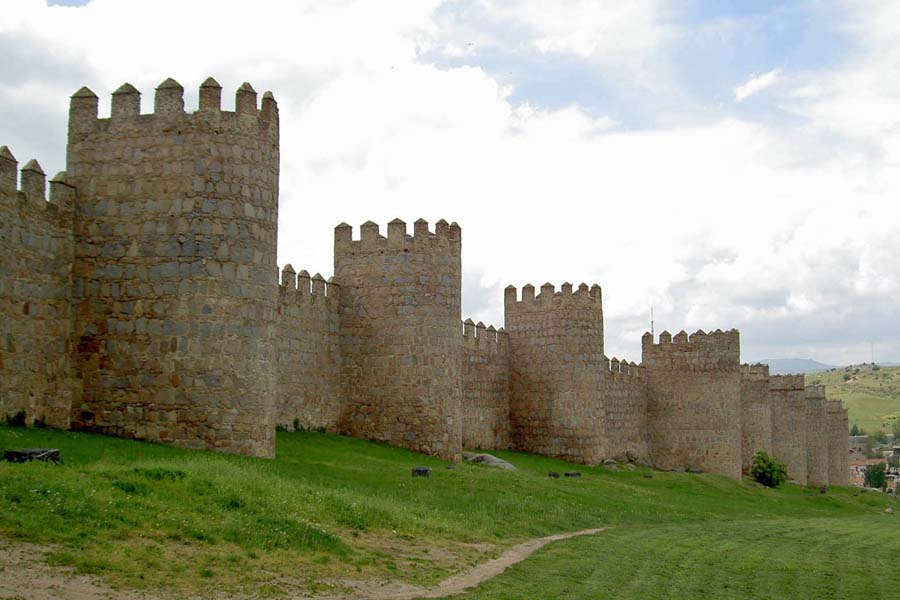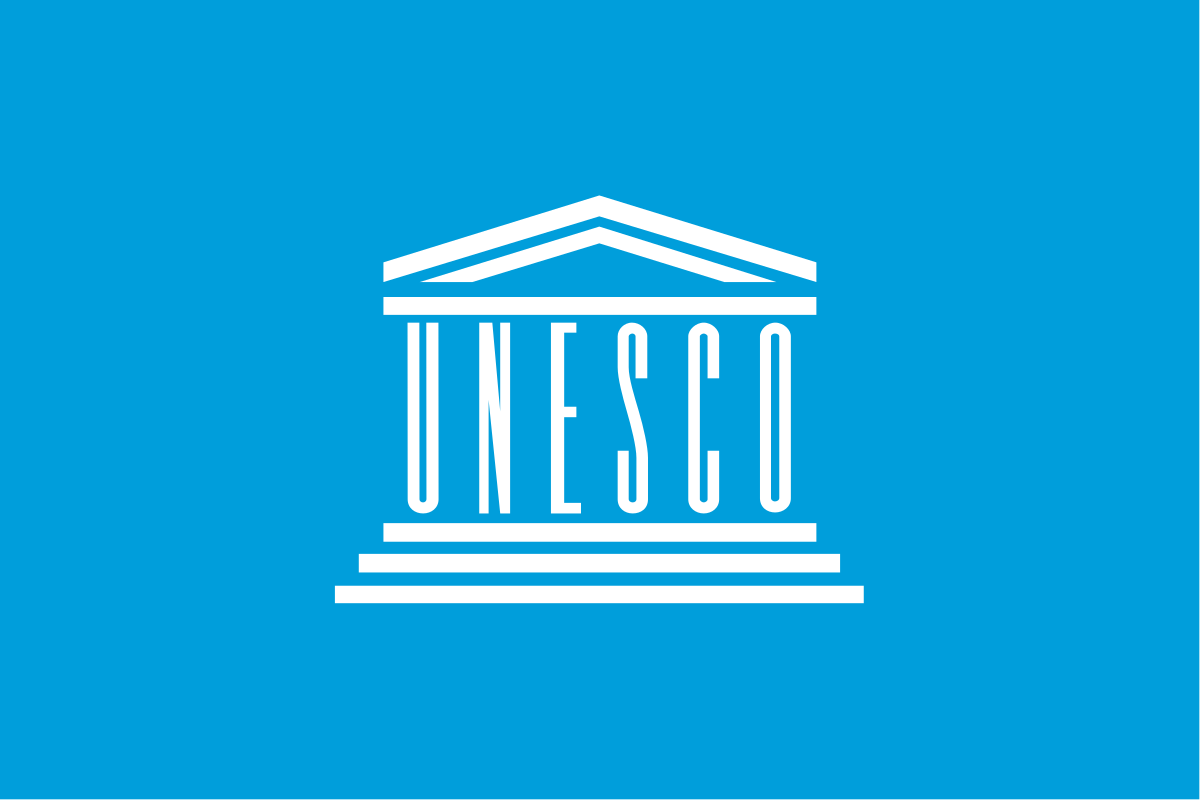Stamp: Sukur Stone Wall (Nigeria 2024)
Sukur Stone Wall (Nigeria 2024)
01 January (Nigeria ) within release Sukur Cultural Landscape UNESCO World Heritage Site (2024) goes into circulation Stamp Sukur Stone Wall face value 250 Nigerian naira
| Stamp Sukur Stone Wall in catalogues | |
|---|---|
| Colnect codes: | Col: NG 2024.00.00-03 |
Stamp is square format.
Also in the issue Sukur Cultural Landscape UNESCO World Heritage Site (2024):
- Stamp - Sukur Hidi Palace face value 250;
- Stamp - Sukur Homestead face value 250;
- Stamp - Sukur Stone Wall face value 250;
|
Data entry completed
50%
|
|
|---|---|
| Stamp Sukur Stone Wall in digits | |
| Country: | Nigeria |
| Date: | 2024-01-01 |
| Print: | Offset lithography |
| Emission: | Commemorative |
| Format: | Stamp |
| Face Value: | 250 Nigerian naira |
Stamp Sukur Stone Wall it reflects the thematic directions:
A defensive wall is a fortification usually used to protect a city, town or other settlement from potential aggressors. The walls can range from simple palisades or earthworks to extensive military fortifications with towers, bastions and gates for access to the city. From ancient to modern times, they were used to enclose settlements. Generally, these are referred to as city walls or town walls, although there were also walls, such as the Great Wall of China, Walls of Benin, Hadrian's Wall, Anastasian Wall, and the Atlantic Wall, which extended far beyond the borders of a city and were used to enclose regions or mark territorial boundaries. In mountainous terrain, defensive walls such as letzis were used in combination with castles to seal valleys from potential attack. Beyond their defensive utility, many walls also had important symbolic functions – representing the status and independence of the communities they embraced.
The United Nations Educational, Scientific and Cultural Organization (UNESCO; pronounced /juːˈnɛskoʊ/) is a specialized agency of the United Nations (UN) with the aim of promoting world peace and security through international cooperation in education, arts, sciences and culture. It has 194 member states and 12 associate members,as well as partners in the non-governmental, intergovernmental and private sector. Headquartered in Paris, France, UNESCO has 53 regional field offices and 199 national commissions


